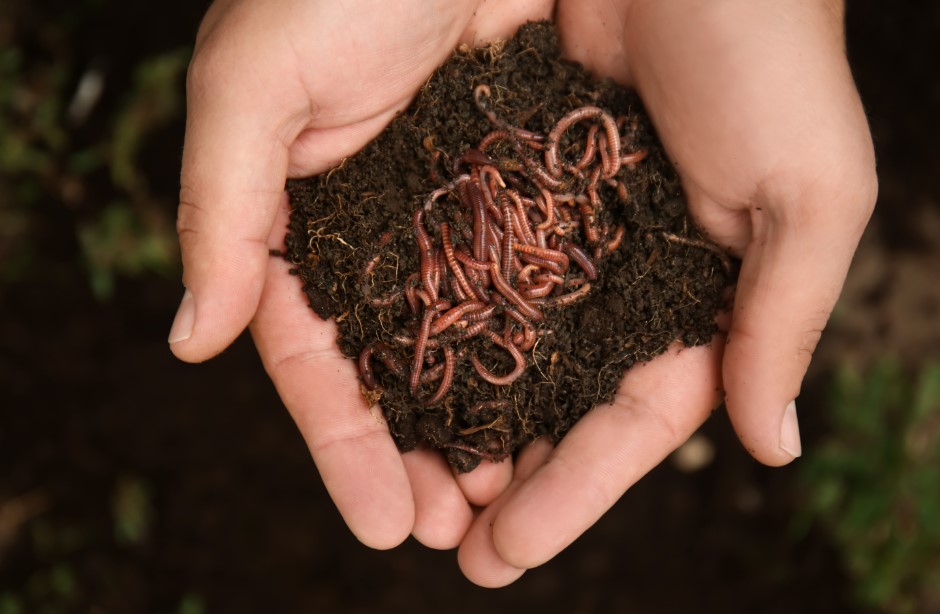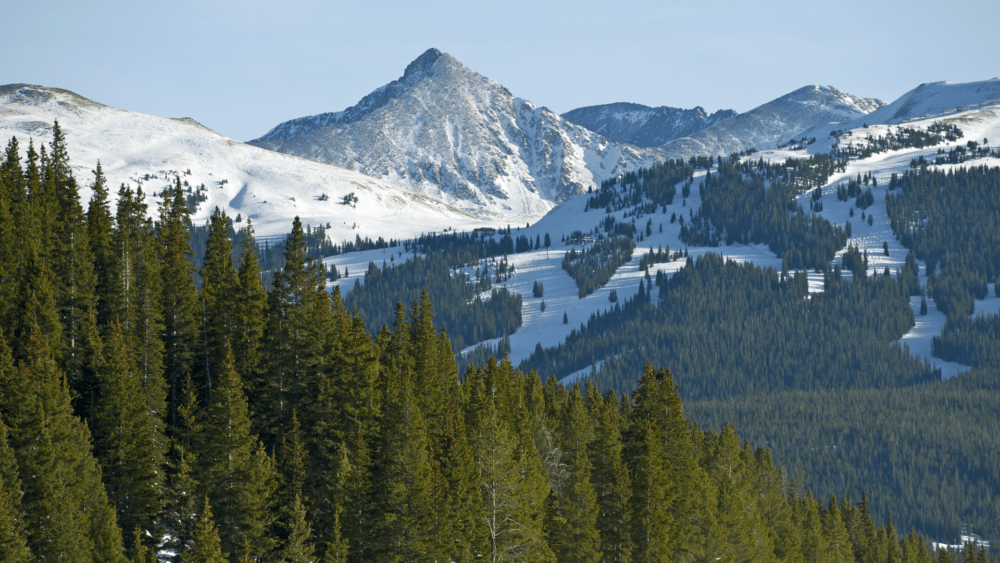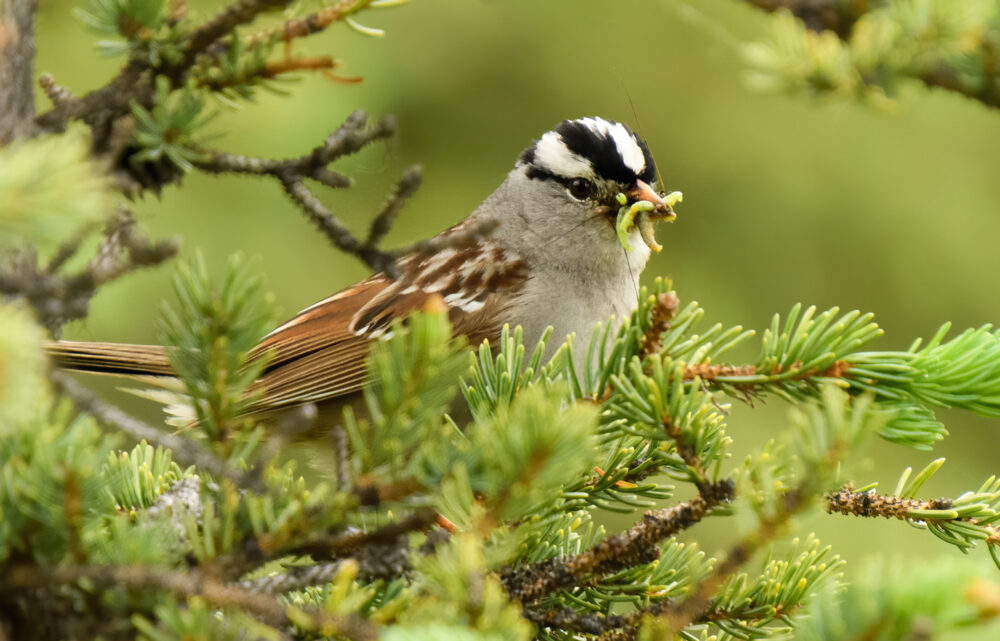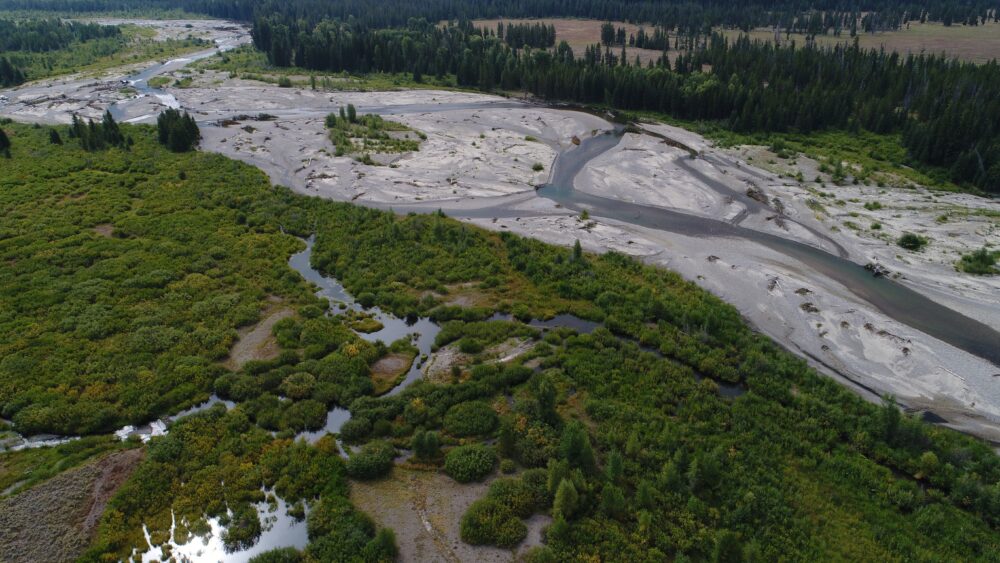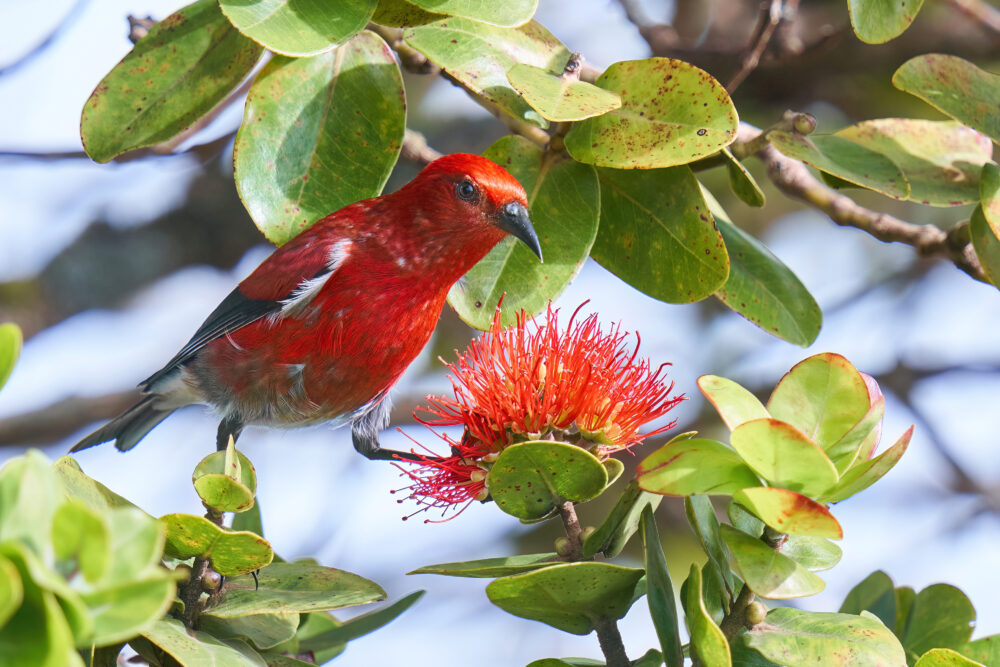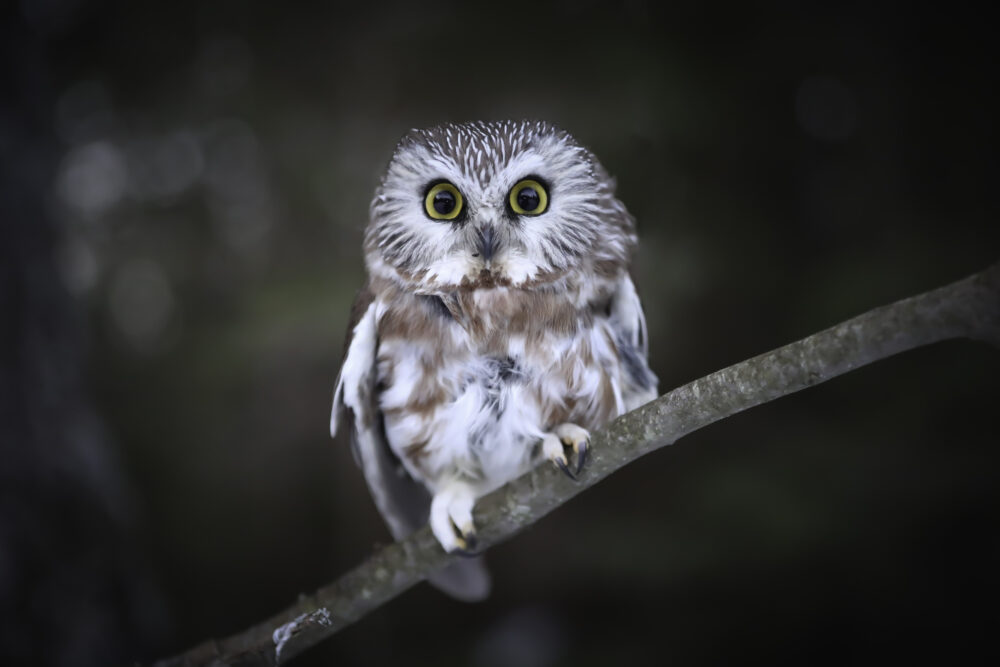We have much more to do and your continued support is needed now more than ever.
Weekly News Roundup: Standing up for Clean Water and more!
For years, it has been unclear which streams and wetlands are protected under the Clean Water Act. This April, the Environmental Protection Agency and the U.S. Army Corps of Engineers released a proposal that would clarify which streams and wetlands would be protected under the act. These protections are essential for wildlife like black bears and great blue herons. The proposal’s open comment period will be coming to an end today, so be sure to speak on behalf of wildlife before it is too late!
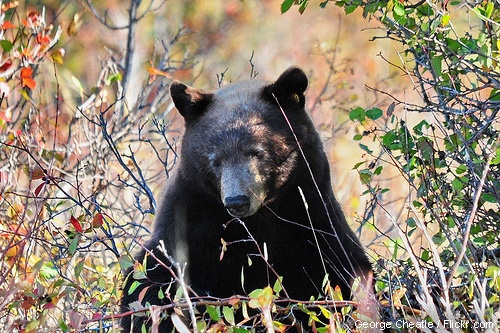
In other news, over 130 Yellowstone buffalo were relocated to the Fort Peck Reservation! It has been another great win for bison conservation!
Take Action! Help protect great blue herons by sending a message of support for clean water to the Environmental Protection Agency!
What’s happening at the National Wildlife Federation this week?
Hunters and Anglers to the EPA: Protect Our Streams and Wetlands

“Increasingly, America’s wetlands are being bulldozed and the health of our rivers and streams is threatened,” said Jan Goldman-Carter, senior manager on wetlands and water for the National Wildlife Federation. “We need to restore these protections now, before it is too late.”
NWF praises forest watershed bill as investment in critical resource

Lew Carpenter, the National Wildlife Federation’s regional representative, said the Restoring America’s Watershed Act of 2014 would help protect watersheds vital to communities, fish, wildlife, recreation and agriculture.
US-China Climate Deal “A Significant Step Forward for America’s Wildlife”

“We must continue to help our wildlife and communities cope with the climate impacts that we’re already seeing, but adaptation alone simply dooms future generations to shrinking habitats, more extreme storms, and greater sea level rise. We must lead the world in cutting industrial carbon pollution and today’s agreement is important progress.”
NWF in the News:
Delaware Online: O’Mara returns to plug the ‘Delaware Way’
“Former state environmental chief Collin O’Mara brought his new bosses at the National Wildlife Federation to Delaware Friday to show how state, local and community groups work together to preserve and protect the environment.”
BoingBoing: Coyotes would massacre zombies, especially up east
Another reminder from National Wildlife Federation naturalist David Mizejewski that the zombie apocalypse would be an effortless breeze for mankind, thanks to animals just ripping them right up for us: “These intelligent canids would quickly learn that they could take down zombies one by one, especially the eastern populations of coyote, which are larger and bolder due to past interbreeding with wolves and domestic dogs.”
The MinnPost: How a Keystone XL-size pipeline project is moving ahead without U.S. review
“We met with State Department, just finding out the facts. We wanted to get their explanation. We sent some strongly worded letters to Secretary Kerry about it,” said Jim Murphy, senior counsel for the National Wildlife Federation in Vermont.
WindCheck Magazine: Northeast Offshore Wind Power to Launch America’s Next Energy Chapter
“The National Wildlife Federation strongly supports offshore wind power development that protects wildlife and their habitats throughout every stage of siting, construction, and operation.”
Marin Independent Journal: Climate Chaos in the garden
“According to the National Wildlife Federation, birds are altering their ranges to cope with warming climates. Many bird species have already shifted their ranges north or up mountain slopes. Some local birds may find new species in their neighborhood competing for resources. You may see some new feathered friends in your yard.”
News Herald: More than $45 million in applications for Restore funds
“Jessia Koelsch, the National Wildlife Federation’s Florida Policy Specialist–Gulf Restoration Campaign in Pensacola, said some of the requests are consistent with what should be funded from oil spill funds as they have a nexus back to improving water quality in the Gulf of Mexico, such as seagrass and oyster bed restoration projects. But, she said, some of the other economic development projects are not the type that should be funded with oil spill settlement funds.”














